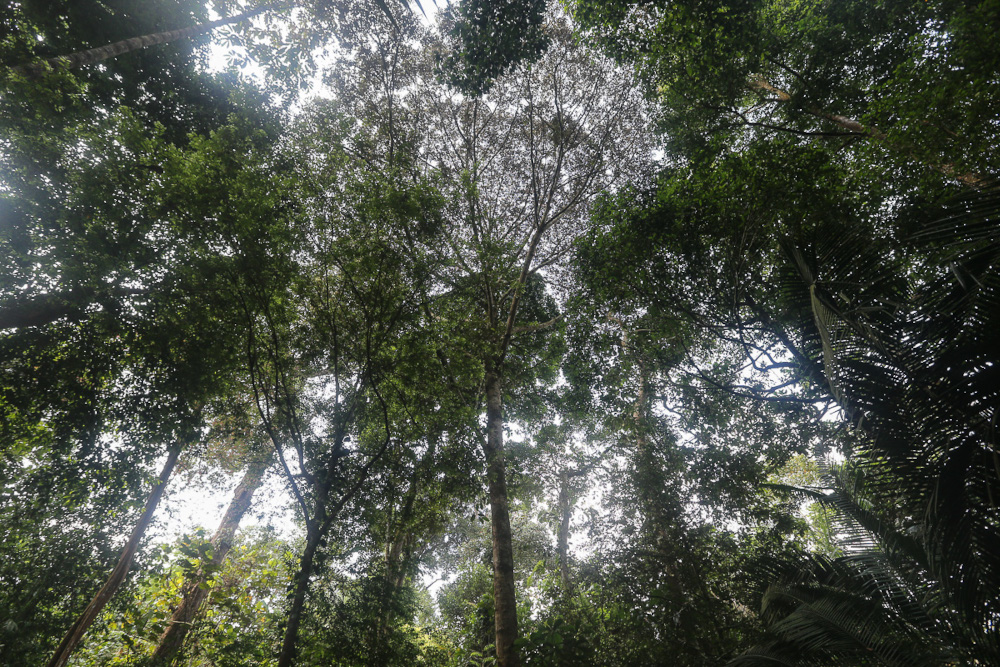KOTA KINABALU, Nov 11 — A controversial carbon trading project here involving two million hectares of Sabah’s forests is unlikely to go ahead despite reports of an agreement being signed on October 30.
A source close to the deal told Malay Mail that the “Nature Conservation Agreement” (NCA) is yet to be finalised and cannot come into force due to several significant missing components in the document that was signed.
“The document that was signed was only the provisional framework. Without the designated area map or the addendum, which is necessary to protect the State’s rights, the framework document is not effective or binding,” said the source.
To be clear, the state government, through its attorney general, issued a letter to Singapore-based private firm Hoch Standard Pte Ltd directing it not to pursue funding or promotional activities until the NCA is properly finalised.
The letter, dated November 8, was sighted by Malay Mail.
“So the deal is far from being finalised. There is doubt as to whether the map or the addendum will be approved as there have been too many outstanding issues, such as native rights and previously signed carbon trading agreements,” said the source.
The source indicated that the NCA may not be finalised because issues concerning native customary rights and previous carbon trading agreements are complex and will take some time to resolve.
“So for now, and until those issues are solved, the Sabah government has no legal commitment since the signed framework is not legally binding,” said the source.
News of the NCA came to light today via conservation website Mongabay, in a report claiming that two million hectares of forest in Sabah — with a land mass the size of Slovenia and more than half of Sabah’s forest land — is apparently being signed over to a group of foreign companies to monetise the state’s natural assets — namely carbon.
Brokered by an Australian consultancy called Tierra Australia, and handled by Hoch Standard, under the Global Nature Capital name, the project is aimed at restoring Sabah’s forests and protect them from mining, logging and industrial agriculture for the next 100 to 200 years, while keeping the indigenous communities’ way of life intact.
In return, this would allow the sale of credits for carbon and other ecosystem services to companies seeking to meet sustainability goals, such as reducing their carbon footprint by offsetting their emissions.
Under the terms of the profit-sharing deal, Tierra Australia and its partners will receive 30 per cent of the profits from the credits for natural capital sold for the next 100 to 200 years while the remaining 70 per cent would go to the Sabah state government to fund economic development for people living in and around the forests.
However, civil society groups and indigenous communities are in the dark about the project, which was ironically exposed during the Heart of Borneo conservation virtual conference where Tierra Australie CEO Peter Burgess was a speaker.



















